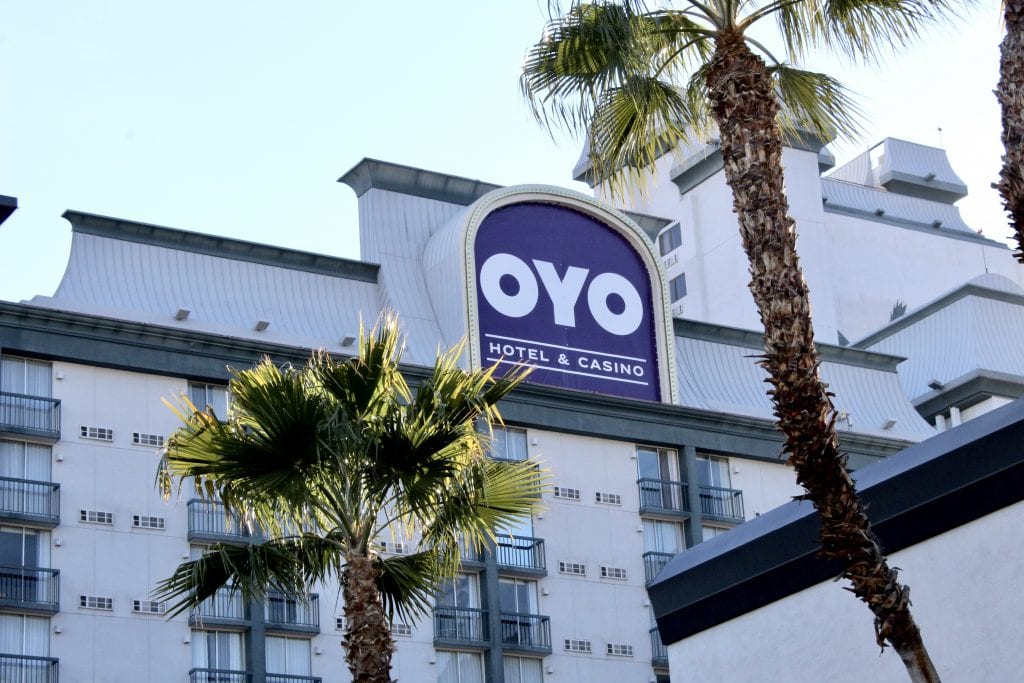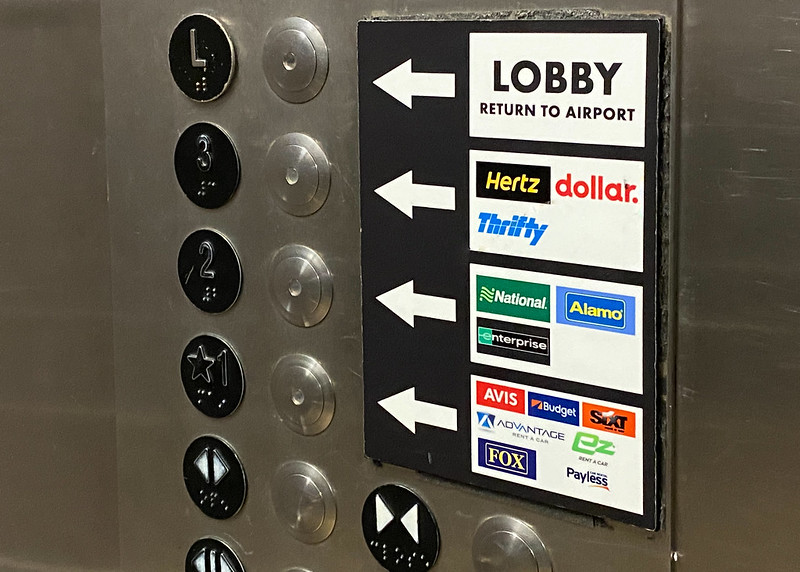California Governor Gavin Newsom signed into law on October 7 a bill to ban mandatory hidden fees — also called junk fees — starting July 1, 2024.
“The price Californians see will be the price they pay,” said Rob Bonta, the state attorney general.
As Skift previewed, the law broadly requires upfront disclosure of any mandatory fees by hotel companies, online travel agencies, car rental companies, online concert ticket sellers, and others.
If a company doesn’t comply, a consumer could seek “at least $1,000” in damages via the state’s existing consumer protection claims processes. (See the law, embedded below.)
Junk Fee Reform
It’s unclear how California’s new law will impact companies in mid-2024.
California has the largest population of any state in the U.S., and so some big companies choose to apply its requirements nationally.
Yet there could be lawsuits from industry groups, and corporations could find workarounds to keep profitable fees. California has rules on fees for car rentals, but many online travel agencies choose to display those fees in ways that vary depending on jurisdiction.
Another wrinkle: Newsom hasn’t yet taken a position on another bill awaiting his signature, Senate Bill 537. He has until Saturday night to decide whether to let that bill pass into law. The bill would prohibit businesses that sell lodging for up to 30 days in California from displaying a room rate that doesn’t include all fees or charges (except government-imposed taxes) as of July 1, 2024.
It’s possible the Governor may feel the bill he’s signed already covers this, making a law specific to hotels unnecessary. Either way, the state’s 6,000 hotels and thousands of short-term rentals are currently facing new rules about the display of so-called junk fees, such as resort fees and housekeeping fees.
Here’s the legislation that’s just passed:


